Printed Signage Size
Printed Signage Market Growth Projections and Opportunities
The printed signage market is influenced by various market factors that shape its dynamics and growth trajectory. One significant factor is technological advancement. With innovations in printing technology such as digital printing and UV printing, the printed signage industry has witnessed a transformation in terms of quality, speed, and customization capabilities. This has led to increased demand for printed signage across various sectors including retail, hospitality, and transportation.
The Printed Signage market is projected to grow from USD 42.0 Billion in 2023 to USD 45.8 Billion by 2032, exhibiting a compound annual growth rate (CAGR) of 1.10% during the forecast period (2023 - 2032).
Moreover, economic conditions play a crucial role in determining the growth of the printed signage market. Economic stability, consumer spending power, and business confidence directly impact the demand for signage solutions. During periods of economic growth, businesses tend to invest more in marketing and advertising, leading to an uptick in demand for printed signage to promote their products and services.
Another market factor influencing the printed signage industry is changing consumer preferences and behavior. As consumers become more digitally savvy and environmentally conscious, there is a growing demand for sustainable and interactive signage solutions. Printers in the signage industry are adapting to these preferences by offering eco-friendly materials and incorporating interactive elements such as QR codes and augmented reality into their signage designs.
Furthermore, regulatory factors play a significant role in shaping the printed signage market. Regulations related to signage size, placement, and content vary across different regions and industries. Compliance with these regulations is crucial for businesses to avoid penalties and legal issues. Additionally, environmental regulations regarding the use of certain materials in signage production also impact market dynamics, driving the adoption of eco-friendly alternatives.
Competition within the printed signage market is another key factor influencing its growth and development. The market is highly competitive with numerous players ranging from large printing companies to small-scale print shops. Price competition, quality differentiation, and innovation are key strategies adopted by players to gain a competitive edge in the market. Additionally, partnerships and collaborations with other businesses such as advertising agencies and graphic design firms are common strategies employed by players to expand their market reach and offerings.
Moreover, market factors such as demographic trends and urbanization also influence the demand for printed signage. Urbanization leads to the development of infrastructure such as shopping malls, airports, and transportation hubs, creating opportunities for signage installations. Demographic trends such as population growth and changing consumer demographics also drive the demand for signage solutions tailored to specific target audiences.
Lastly, the COVID-19 pandemic has had a significant impact on the printed signage market. With social distancing measures and restrictions on in-person gatherings, businesses have increasingly relied on signage to communicate health and safety guidelines to customers and employees. Additionally, the shift towards e-commerce and online shopping during the pandemic has led to increased demand for signage solutions to enhance the visibility of online brands in the physical world.
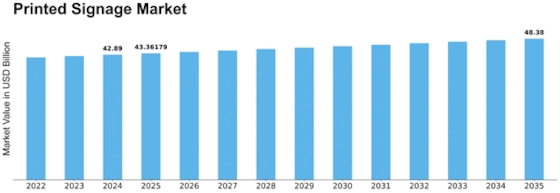


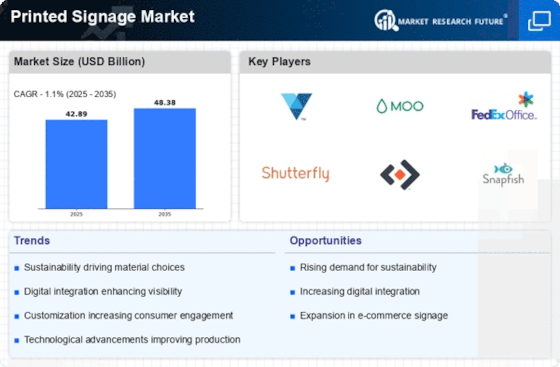
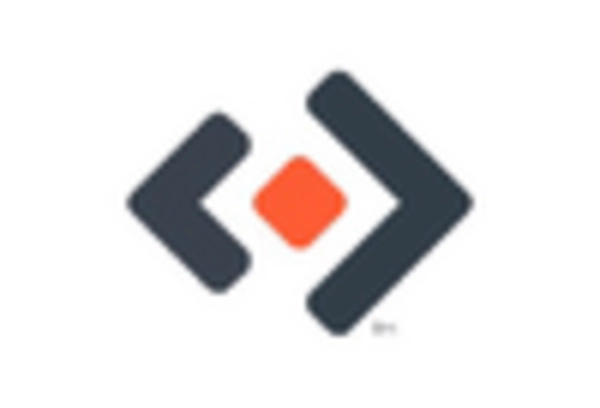
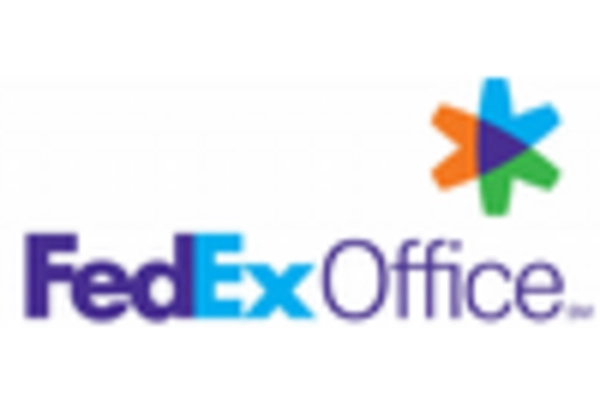
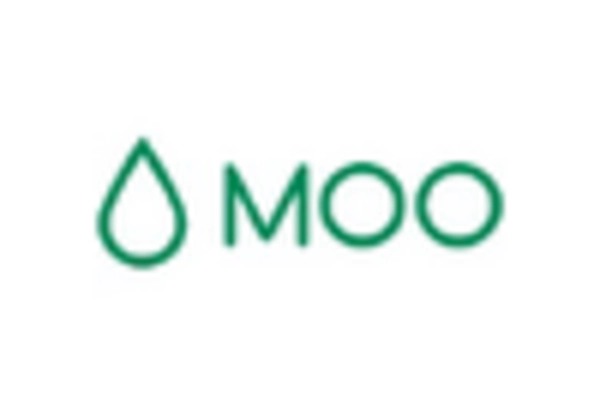
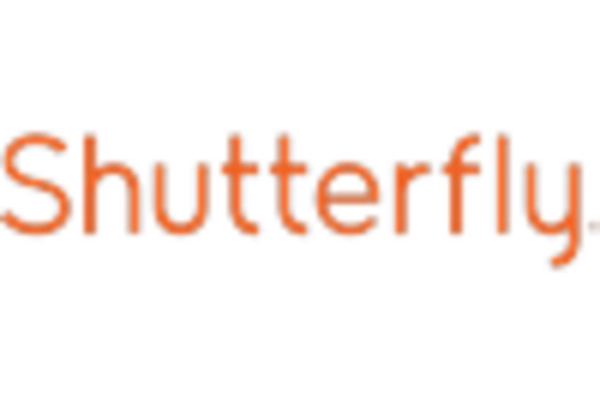
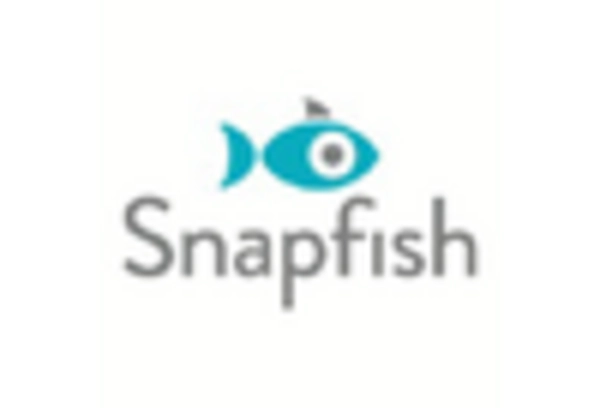
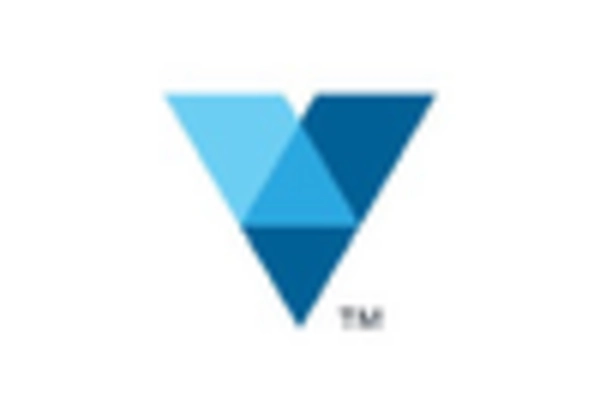









Leave a Comment